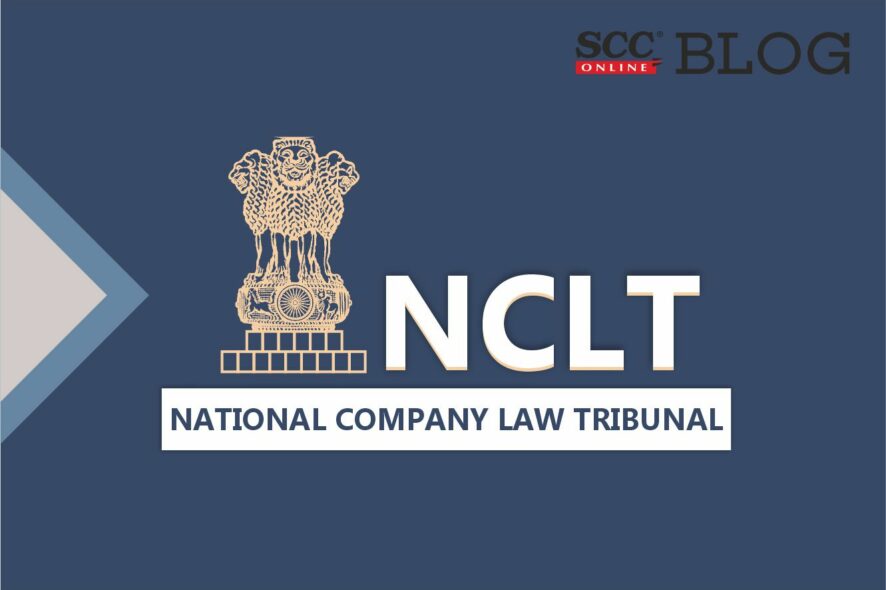National Company Law Tribunal, Hyderabad: The Bench of N. Venkata Ramakrishna Badarinath, Judicial Member, and Veera Brahma Rao Arekapud, Technical Member held that a guarantor cannot enjoy the right of subrogation enunciated in the Contract Act, 1872, when the payment made by the guarantor regards the debt for which the guarantee was provided.
The company petition was filed by the financial creditor seeking to initiate the Insolvency Resolution Process against the personal guarantor by invoking the provisions under Section 95 of Insolvency Bankruptcy Code, 2016 (Hereinafter as IBC) read with Rule 7 (2) of the Insolvency & Bankruptcy (Application to Adjudicating Authority for Insolvency Resolution Process for Personal Guarantors to Corporate Debtor) Rules, 2019 for a resolution of Rs 208,21,65,555.24 Crores.
The issue to be decided on
Whether the approved Resolution Plan bars the financial creditor to initiate Insolvency Resolution Process against the personal guarantor?
Analysis and decision
The Bench observed that as per Section 134 of the Contract Act, 1872 a guarantor is discharged of its liability towards the creditor only if the creditor in its instance discharges the principal debtor. The main ingredient of this Section is that the debtor discharges through a voluntary act of the creditor and not due to the operation of law.
Further, the Bench opined that a Corporate Insolvency Resolution Plan does not bar a financial creditor against a guarantor, and a financial creditor can always approach an adjudicating authority as envisaged under the IBC.
At this juncture, the Bench relied on the judgment of the Supreme Court in Lalit Kumar Jain v. Union of India, (2021) 9 SCC 321, wherein it was held that approval of a resolution plan does not ipso facto discharge a personal guarantor (of a corporate debtor) of her or his liabilities under the contract of guarantee. The release or discharge of a principal borrower from the debt owed by it to its creditor is an involuntary process, i.e., by operation of law, or due to liquidation or insolvency proceeding, does not absolve the surety/guarantor of his or her liability, which arises out of an independent contract.
Therefore, the Bench applied the same principle as laid down in the aforementioned case and held that a guarantor cannot be subrogated from his liabilities towards a debt for which a guarantee is provided.
Hence, the Bench allowed the company petition, and directed to initiate an insolvency resolution process against the personal guarantor by declaring him insolvent.
[State Bank of India v. Ghanshyam Surajbali Kurmi, 2022 SCC OnLine NCLT 177, decided on- 07-07-2022]
Advocates who appeared in this case :
Shri. Amir Bavani, Advocate, for the Petitioner;
Shri. Varun Ambati, Advocate, for the Respondent;
Resolution Professional in person, for Resolution Professional.






